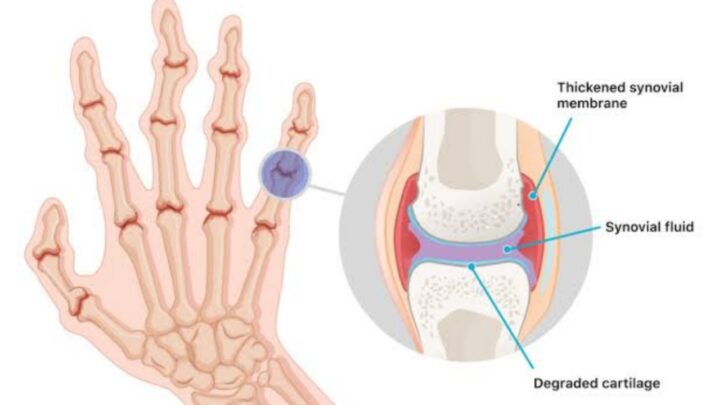Your doctor’s drug recommendations will be based on the severity of your symptoms and the length of time you’ve had rheumatoid arthritis.
NSAIDs
NSAIDs (nonsteroidal anti-inflammatory medicines) can help to ease inflammation and pain. Ibuprofen (Advil, Motrin IB, and others) and naproxen sodium are two over-the-counter NSAIDs (Aleve). Medications are available for stronger NSAIDs. Stomach upset, heart difficulties, and renal damage are all possible side effects.
Steroids
Prednisone and other corticosteroid drugs relieve inflammation and pain while also slowing joint deterioration. Bone thinning, weight gain, and diabetes are all possible side effects. Doctors frequently prescribe a corticosteroid to alleviate symptoms rapidly and to gradually wean patients off the drug.
DMARDs
These medications can help to reduce the progression of rheumatoid arthritis and prevent irreparable damage to the joints and other tissues. Methotrexate (Trexall, Otrexup, and others), leflunomide (Arava), hydroxychloroquine (Plaquenil), and sulfasalazine are all common DMARDs (Azulfidine). Liver damage and serious lung infections are possible side effects.
Biologic agents
Abatacept (Orencia), adalimumab (Humira), anakinra (Kineret), certolizumab (Cimzia), etanercept (Enbrel), golimumab (Simponi), infliximab (Remicade), rituximab (Rituxan), sarilumab (Kevzara), and tocilizumab (Tocili (Actemra). When combined with a traditional DMARD, such as methotrexate, biologic DMARDs are usually the most successful. In addition, this sort of medication raises the risk of infection.
Targeted synthetic DMARDs
If conventional DMARDs and biologics have failed, baricitinib (Olumiant), tofacitinib (Xeljanz), and upadacitinib (Rinvoq) may be utilized. Tofacitinib at higher doses can raise the risk of pulmonary blood clots, severe cardiac events, and cancer.
Also Read: Rheumatoid Arthritis? Its Four Stages





